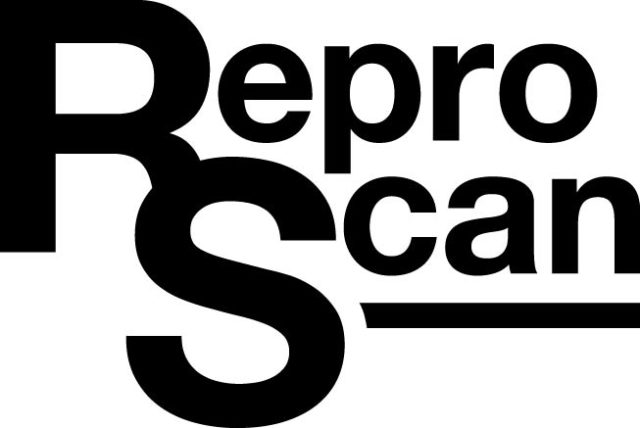“Wisconsin farmers have really stepped up to the plate when it comes to using RFID,” said Ben Brancel, Secretary of Agriculture, Trade and Consumer Protection. “Using RFID improves traceability and opens doors to international markets.”
RFID use has grown considerably over the past few years. In March 2008 there were 138,260 RFID numbers recorded. Just a year later in March 2009 that number increased to 405,134, and today there are over one million RFID numbers being used amongst various species across the state. As consumers become more source conscious of their food and the agricultural industry presses for more traceability due to residue and disease issues, use of RFID is expected to grow. Currently, Wisconsin Livestock Identification Consortium (WLIC) estimates show that sixteen percent of the milking dairy herd in Wisconsin is identified by RFID.
“We’ve seen a dramatic example of how RFID can save producer headaches and taxpayer dollars,” said Brancel. “When we had to TB-test a 3,000-cow herd that had been exposed by imported cattle, it was an RFID herd. We needed to process 360 animals an hour to avoid disrupting the milking operation. If we’d had to manually read and record identification for that many animals, we would have needed 36 staff members and it would have cost $84,000. With RFID, six people did it, it cost $22,000, and the producer’s operation just kept right on with no interruption. Those are results you can take to the bank, and we’re glad Wisconsin farmers know that.”
Over the past few years, WLIC has worked with producers, county fairs, veterinarians, and other livestock groups to promote the value of animal identification and RFID for herd management as well as animal health and traceability purposes. WLIC also offers tag programs where producers and county fairs looking to implement RFID can apply to receive RFID tags at no cost. These tags are distributed on a first come, first serve basis, to qualified applicants. For more information on these programs, call 888-808-1910 or send information requests to info@wiid.org.
The mission of the Wisconsin Livestock Identification Consortium is to create a secure livestock identification system to protect animal health and market access, and to offer opportunities that enhance the marketability of Wisconsin livestock products. Representing more than fifty businesses, organizations and livestock producer associations, WLIC draws upon the collective strength of its diverse membership to help strengthen and advance animal disease traceability in Wisconsin and the nation as a whole. To learn more about WLIC visit www.wiid.org. ![]()
—From Wisconsin Livestock Identification Consortium news release






